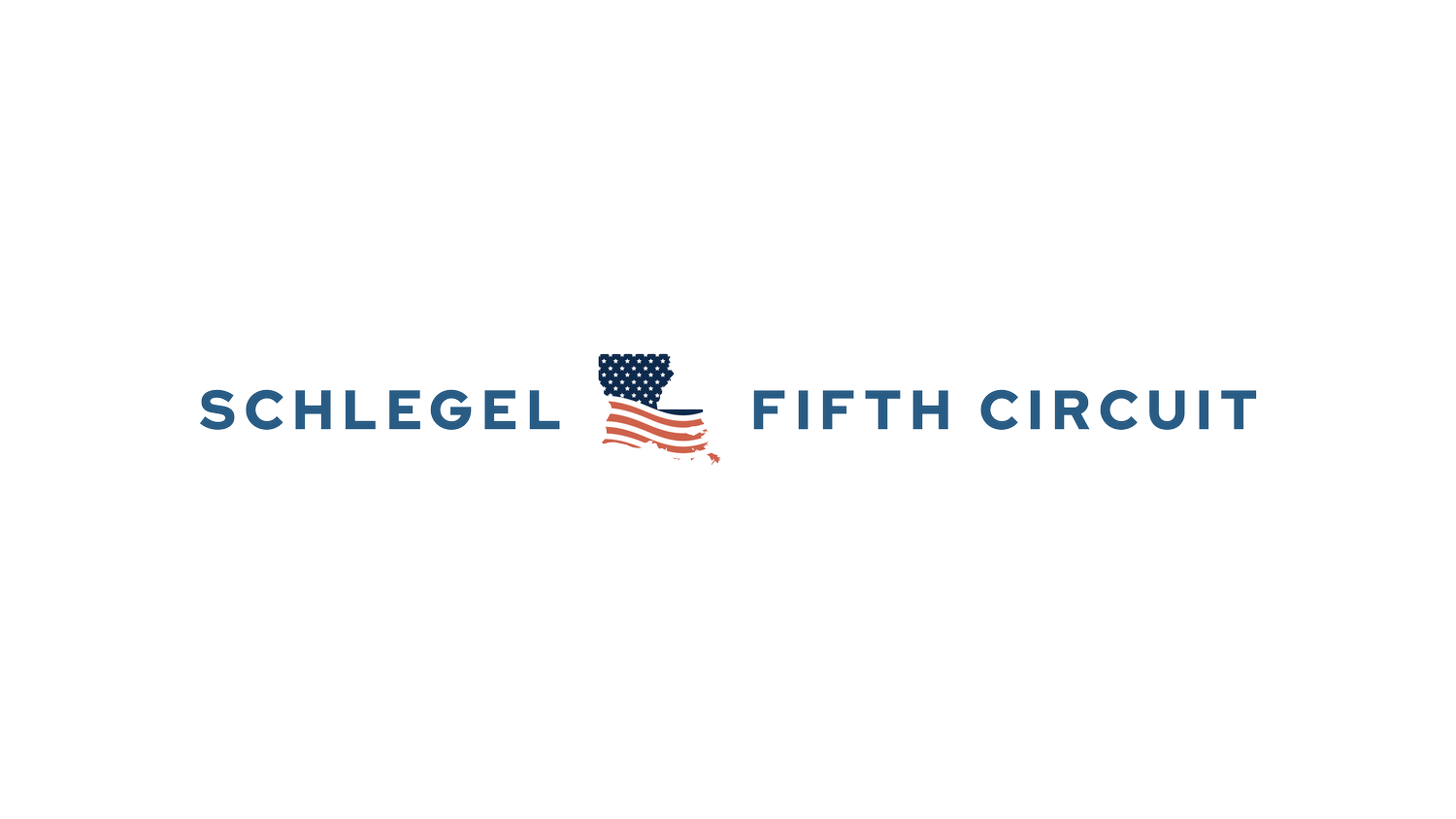The Higher Stakes of AI Misuse in the Judiciary
Have you seen the recent Bloomberg article by Alex Ebert, "AI Deepfake Phone Call Earns Florida Judge an Ethics Probe" (May 9, 2025)? While not directly on point for this discussion, the case involving a Florida county judge, who faces sanctions for promoting an AI-generated deepfake phone call during a judicial campaign, perfectly frames the broader issue I'd like to address. When judges misuse AI, the potential consequences could be far more profound and far-reaching than when a lawyer misuses AI.
When a lawyer misuses AI, the fallout is largely contained within a single case. A judge can strike an improperly drafted pleading, sanction the attorney responsible or even dismiss the case in its entirety. These actions, though still significant, generally preserve the integrity of the broader justice system.
The stakes, however, are much higher if a judge misuses AI. Judges are the ultimate arbiters of justice. Their decisions, unlike a single pleading or brief, carry the full weight of the law. A judge's error can result in a final judgment that is not easily undone. This is particularly troubling because the finality of judicial decisions is a cornerstone of our system of justice. Once a judgment is entered, it becomes the law of the case, binding on the parties and often comes with significant consequences for their lives, businesses, and futures.
Moreover, the damage is not limited to the parties directly involved. The wrongly decided case could create precedential value for years. Furthermore, judicial missteps can reverberate through the entire legal system, eroding public trust and confidence in our courts. When the public perceives judges as relying on flawed, unverified, or improperly used AI tools, the very legitimacy of our justice system is called into question. This undermines the social contract that grants courts their authority.
To address the risks of AI in the judiciary, it's critical that judges become equipped to use these tools properly. This starts with understanding how AI works, including its capabilities, limitations, and potential pitfalls. Judges also need to be confident in their ability to evaluate AI outputs critically, ensuring that the technology enhances, rather than undermines, their decision-making. Without this foundation, even well-intentioned use of AI could lead to errors or ethical missteps.
A smart approach is for judges to start small. Rather than diving into complex applications, they should begin with simpler tasks, like organizing case files or summarizing documents, where mistakes are less likely to have serious consequences. Using AI to streamline administrative duties could also allow judges to get comfortable with the technology before applying it to weightier matters like drafting orders or editing opinions. This gradual integration will build expertise and reduce risk.
Fortunately, guidance already exists. I recommend that judges review the Judicial Guidelines on AI Usage from The Sedona Conference. These guidelines offer a practical framework for using AI ethically and effectively, emphasizing judicial independence and ensuring human verification of all AI outputs when using these technologies.
Concrete action is needed beyond existing resources though. State supreme courts should develop specialized training programs focused specifically on AI literacy and critical evaluation of AI-generated content, and also consider adopting guidelines for judges like the ones linked here.
Navigating AI in the Judiciary
We must ensure that judges approach AI with the caution, skepticism, and ethical rigor that their role demands. This means more than just technical training. It requires a fundamental understanding of AI's limitations, biases, and potential for misuse. It demands that judges remain vigilant against the allure of technological shortcuts that may sacrifice justice for efficiency. As the Florida case demonstrates, unverified AI content can quickly threaten the very foundation of judicial authority.
If we fail in this effort, we risk not just isolated miscarriages of justice but a broader crisis of confidence in the rule of law itself. In this evolving landscape, the stakes for judges are simply too high to ignore.
Subscribe to my Substack newsletter today so you don’t miss out on a post. https://judgeschlegel.substack.com

